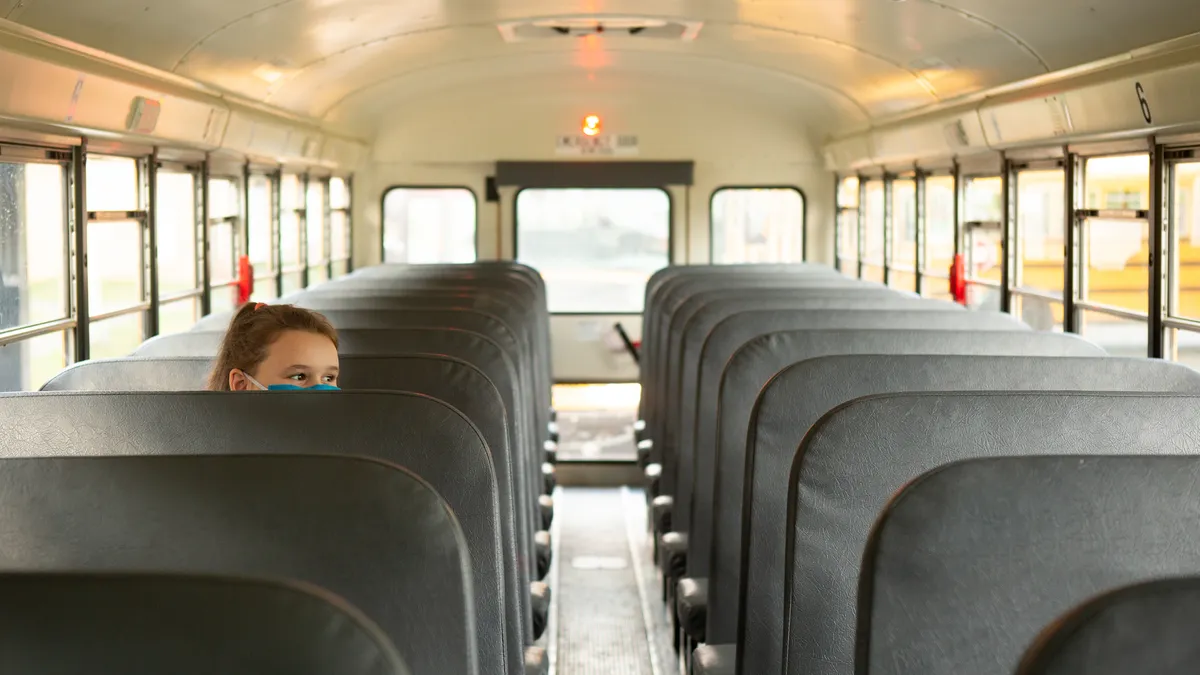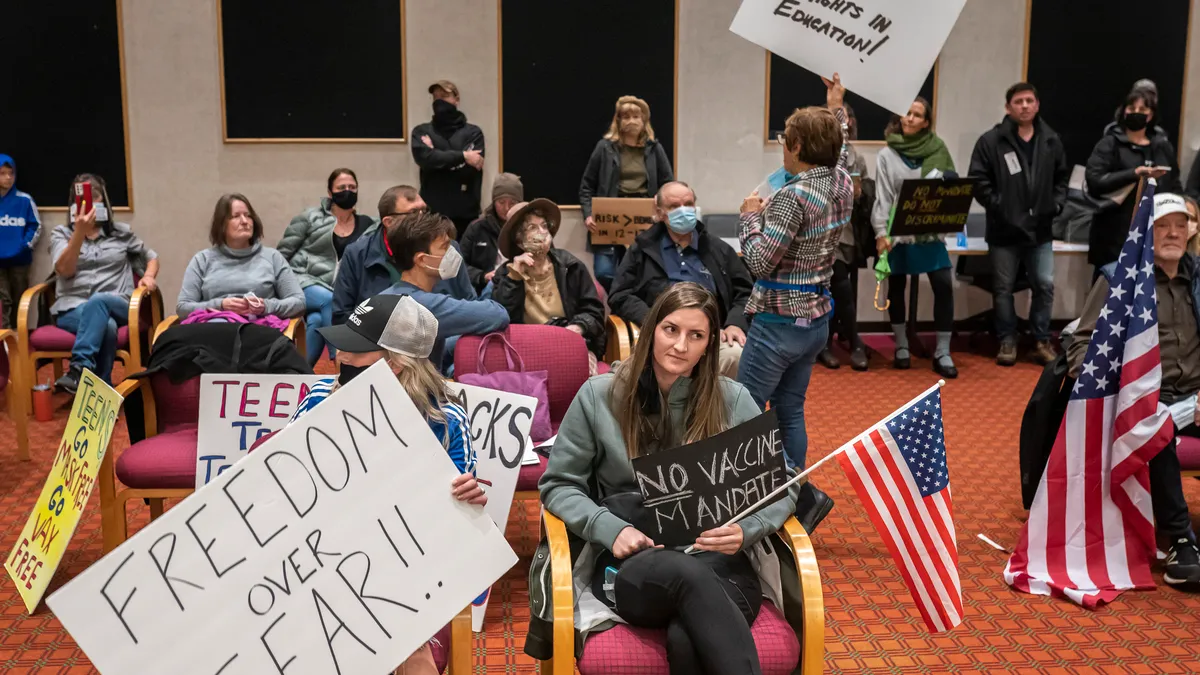Dive Brief:
- David Cox, a school superintendent in Allegany County, MD, who recently testified before Congress about the devastating effect the opioid crisis has had on his district and what the district is doing to address the issue, shared his thoughts on the growing epidemic in an Education Week interview.
- Cox said an increase in absenteeism and tardiness was the first impact the district saw, but over the past five years, more students have seen their parents overdose or die because of opioid use, and many are now living with grandparents or in foster care.
- With about 18% of babies now born drug-affected in his area, Cox said schools are also seeing an increase in the number of students requiring special education, a need he hopes will be addressed by more federal dollars in the future.
Dive Insight:
The opioid addiction crisis has now been declared a federal public health emergency and most schools across the nation are seeing at least some impact as a result of the increased abuse. Schools typically address drug education issues in late elementary or middle school, but the increased availability of opioids has pushed the need for such education even earlier. Opioid overdoses have more than tripled among children and teens. For many children, this comes as a result of accidental ingestion; for teens, the overdose often comes from experimentation with opioids already available in the home, opioid addiction among teens, or from suicide attempts.
This increase in use means schools also need to keep naloxone on hand to counteract the effects of an overdose should this happen on campus. This life-saving drug is more readily available now than in the past, and many state-funded efforts and grants are covering the cost. If schools are having trouble finding these resources, local law enforcement agencies and emergency management organizations can often help.
The opioid crisis is also affecting students in other ways that schools must address. More babies are being born to addicted parents, which can affect their own development both physically and mentally, requiring the need for early educational interventions and increased funding for specials needs. Because of the increased number of parental deaths and abandonment due to opioid addiction, more students are finding themselves in foster care or raised by grandparents or other relatives. Schools also need to become better-equipped to deal with the trauma these students are facing in the wake of such events.












